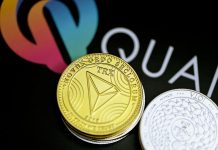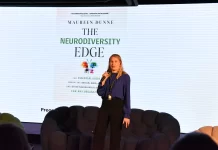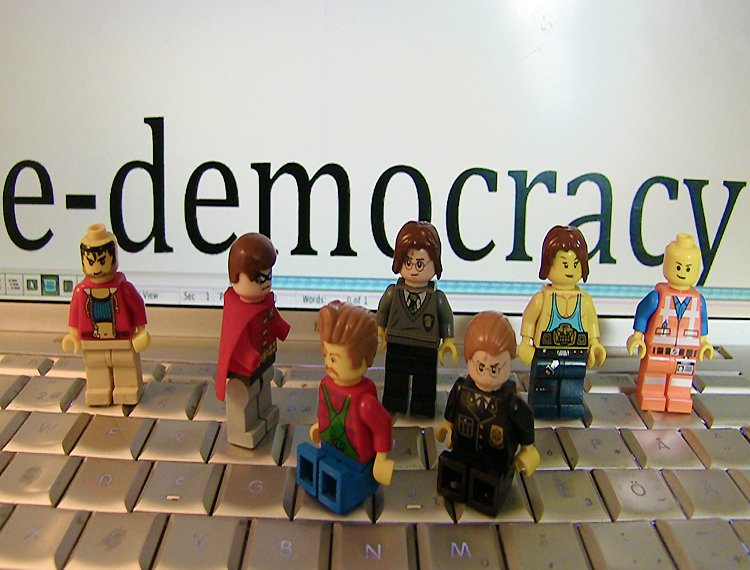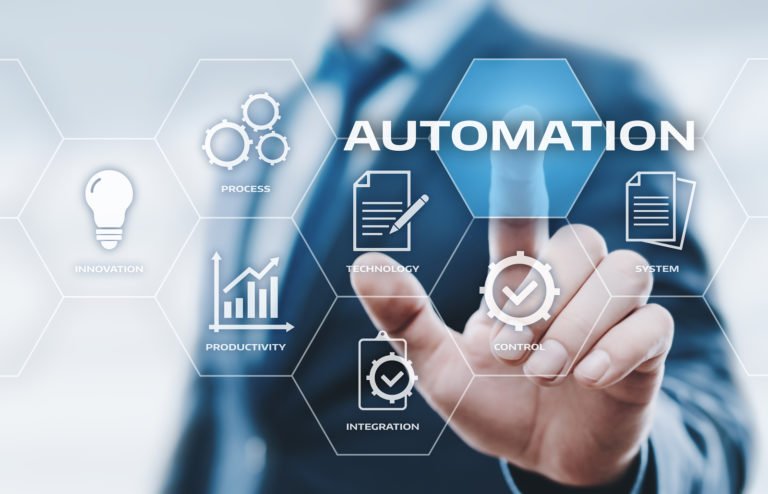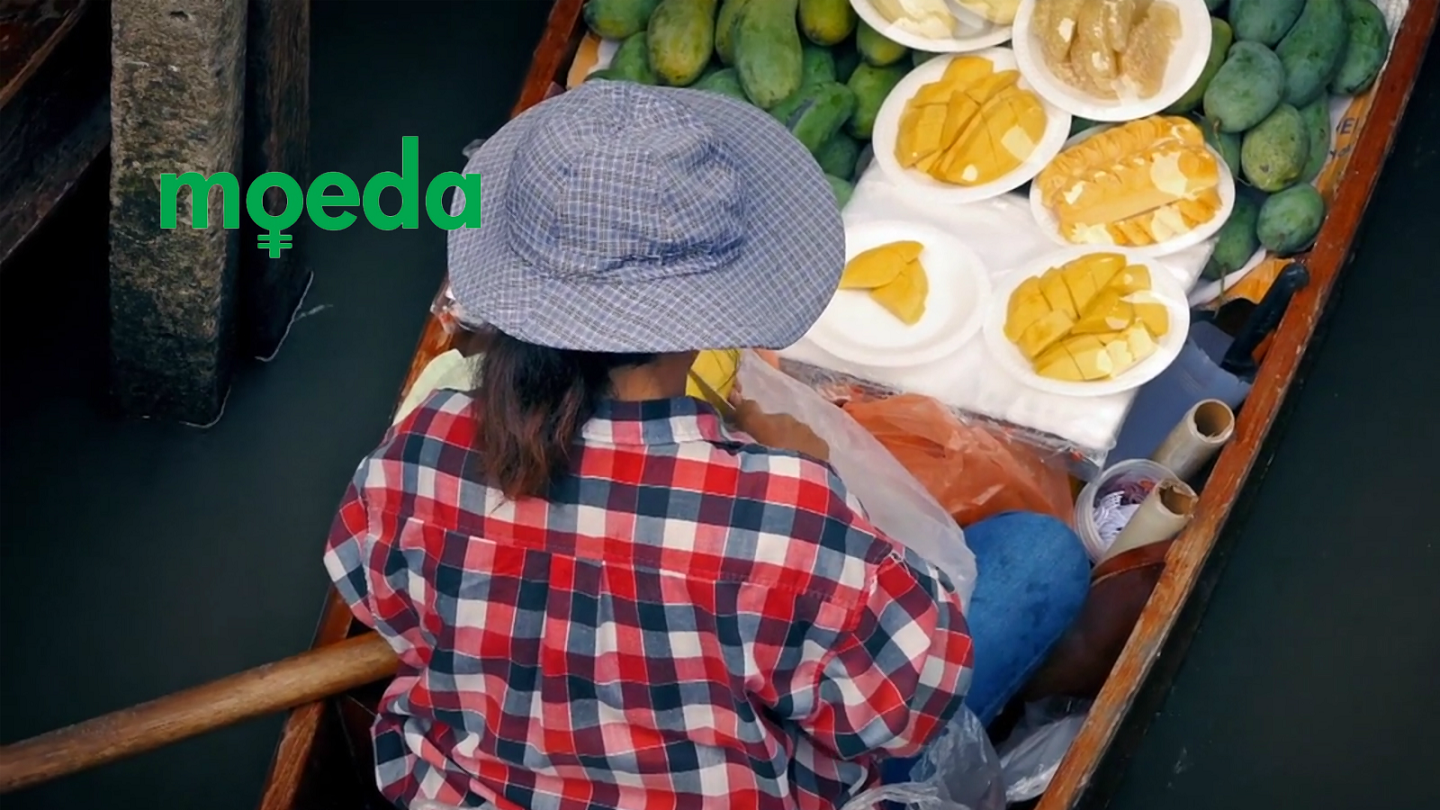
Taking Cryptocurrencies Back to the People
One of the main goals the team behind Bitcoin aspired for was to create a true decentralized and democratic currency, out of the reach of banks and economically handcuffed governments. They tried to make everyone part of a brand new global monetary system, digital and fair. That’s why cryptocurrencies were first conceived, and that legacy, is what the new cryptocurrency called Moeda, aspires to achieve.
On one hand both top crypto-players, Bitcoin and Ethereum have taken a different path, and instead of promoting a decentralized system, they have somewhat fallen into the hands of brokers, investors or even within company’s business, maybe forgetting along the way their true nature as digital money for those who are left aside: the un-banked and communities in developing countries.
Taking over the Financial Inclusion problem
Moeda, a new cooperative-driven cryptocurrency platform, seeks for filling the gap left by bitcoin. They aim for bringing financial inclusion to over 2.5 billion people who lack the most elemental services such as a bank account or credit opportunities.
“Moeda provides a transparent impact investment platform to impact investors and a banking-as-a-service platform to entrepreneurs who will be receiving loans to not only fund, but to scale and grow their businesses,” Taynaah Reis, CEO of Moeda, says. “In turn, their local communities will directly benefit.”
To do so, Moeda runs on a blockchain-based platform, open and accessible for both key players in this deal: investors and cooperatives. On one hand, investors can track their money through the blockchain while the cooperatives will have an easy way in into the platform.
This model, already seen in similar platforms, has paid well off for now, as Moeda’s Initial Coin Offering raised more than $20 million in August last year. With that, the funding was used for initial seed projects and to setup the cooperative banking system, while at least $10 million was earmarked towards providing micro-loans and credit services through partner cooperatives and banks.
Moeda’s Project: Seeding is not just about fostering
This first part, the Seed Projects, has been the core of Moeda’s evolution throughout their first steps. These are actions driven to support and aiming to improve the quality of life in some communities at risk. All of these seed projects will be introduced following two mainvalues: respect to the environment and an ethical approach to business.
Currently, they have started or are about to begin up to 6 major works in different communities in Brazil. From cleaning water after “the disaster that spread iron ore wastes throughout Mariana and Barra Longa” to “fosters food production with ingredients that are naturally found in the Cerrado (the Brazilian savannah), or “to help dairy farmers in the struggle against the ever-encroaching giants in the industry, women are hard at work to increase sales.
The fact that Moeda is focused in cooperatives means that the bulk of its work will be through cooperative partners, making it far more democratic and less speculative than other blockchain-based cryptocurrencies. This has benefits for cooperatives too, as Moeda can address a key challenge. Currently, a number of cooperative banks and financial institutions in developing countries are often small and are often located in rural areas. Many lack the capacity to develop complex products like major banks. Moeda’s platform, when released, will allow them to provide new products to existing and potential customers at a far lower cost.
“Financial credit is often completely inaccessible to large swaths of the population,” Reis says. “Through the usage of Moeda’s digital currency… these previously unbanked entrepreneurs will have legal, trustworthy, transparent means of conducting financial transactions.”
A Worldwide Initiative
While the initial launch will be in Brazil, Moeda is incorporated in Uruguay, but it really is an international project run by an global team, with staff and advisors hailing from China, South Korea, Denmark, and the United States. This, they believe, will allow them to quickly expand to meet demands for underserved around the world, based on what works — and does not work — in Brazil.
Users can use already the Moeda app, which is designed to be simple — even for those with no knowledge of cryptocurrency. Moreover, Moeda plans to invest in over 100,000 micro-loans to vetted entrepreneurs working primarily on cooperative agriculture projects.
And as our good friend at Shareable, Nithin Coca, said about this platform: “Moeda serves as a reminder that [in cryptocurrencies and ICOs] it is not all about speculation and profit making. If designed properly, technology can address social needs and provide valuable services to those who need it. Furthermore, existing cooperatives can play a meaningful role.

Hernaldo Turrillo is a writer and author specialised in innovation, AI, DLT, SMEs, trading, investing and new trends in technology and business. He has been working for ztudium group since 2017. He is the editor of openbusinesscouncil.org, tradersdna.com, hedgethink.com, and writes regularly for intelligenthq.com, socialmediacouncil.eu. Hernaldo was born in Spain and finally settled in London, United Kingdom, after a few years of personal growth. Hernaldo finished his Journalism bachelor degree in the University of Seville, Spain, and began working as reporter in the newspaper, Europa Sur, writing about Politics and Society. He also worked as community manager and marketing advisor in Los Barrios, Spain. Innovation, technology, politics and economy are his main interests, with special focus on new trends and ethical projects. He enjoys finding himself getting lost in words, explaining what he understands from the world and helping others. Besides a journalist, he is also a thinker and proactive in digital transformation strategies. Knowledge and ideas have no limits.












